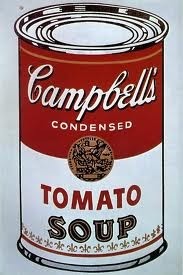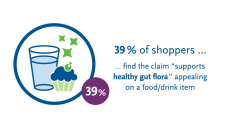Canned foods may be more ‘affordable and convenient’ way to get key nutrients

The study – presented at a poster session at Experimental Biology 2012 – reports that despite the fact there is often a ‘bias’ to consume fresh foods for optimal nutrition, the consumption of fresh foods might not always be the best solution for all consumers.
Funded by the Canned Food Alliance, researchers led by Dr. Cathy Kapica at Tufts University, USA, conducted a market-basket study comparing the cost of obtaining key nutrients from canned, fresh, frozen and dried varieties of common foods. The survey revealed that when all areas were considered “canned foods almost always offered a more affordable, convenient way to get needed-nutrients.”
Kapica said that economic concerns have meant many households are challenged to meet dietary recommendations within shrinking budgetary constraints.
"This research should assure families they are getting needed nutrition regardless of whether they choose canned, fresh, frozen or dried varieties,” she said. “They can be confident in buying those foods that best meet their budgets, schedules, cooking abilities and taste preferences and still obtain important nutrients."
Survey findings
The market study involved buying, preparing and analyzing canned, fresh, frozen and dried corn, green beans, mushrooms, peas, pumpkin, spinach, tomatoes, pears, peaches, pinto beans and tuna fish.
The foods were all cooked so that an accurate comparison could be made. They were analyzed to determine the cost of several key nutrients, including protein, fiber, potassium, vitamin A, vitamin C and folate.
The researchers said that survey revealed that it is, for example, nearly 60% more expensive to obtain dietary fiber from fresh tomatoes as from the same portion of canned tomatoes
“Not only is the price of canned tomatoes lower than fresh for the same serving size, but fresh tomatoes take longer to prepare, adding to the real cost of fresh,” said the researchers.
They said that looking at purchase price alone, fresh corn is less expensive than canned or frozen – however, when the cost of waste (most notably the cob) is factored in, as well as time to prepare, “canned corn offers the same amount of dietary fiber as fresh at a 25 percent savings.”





















